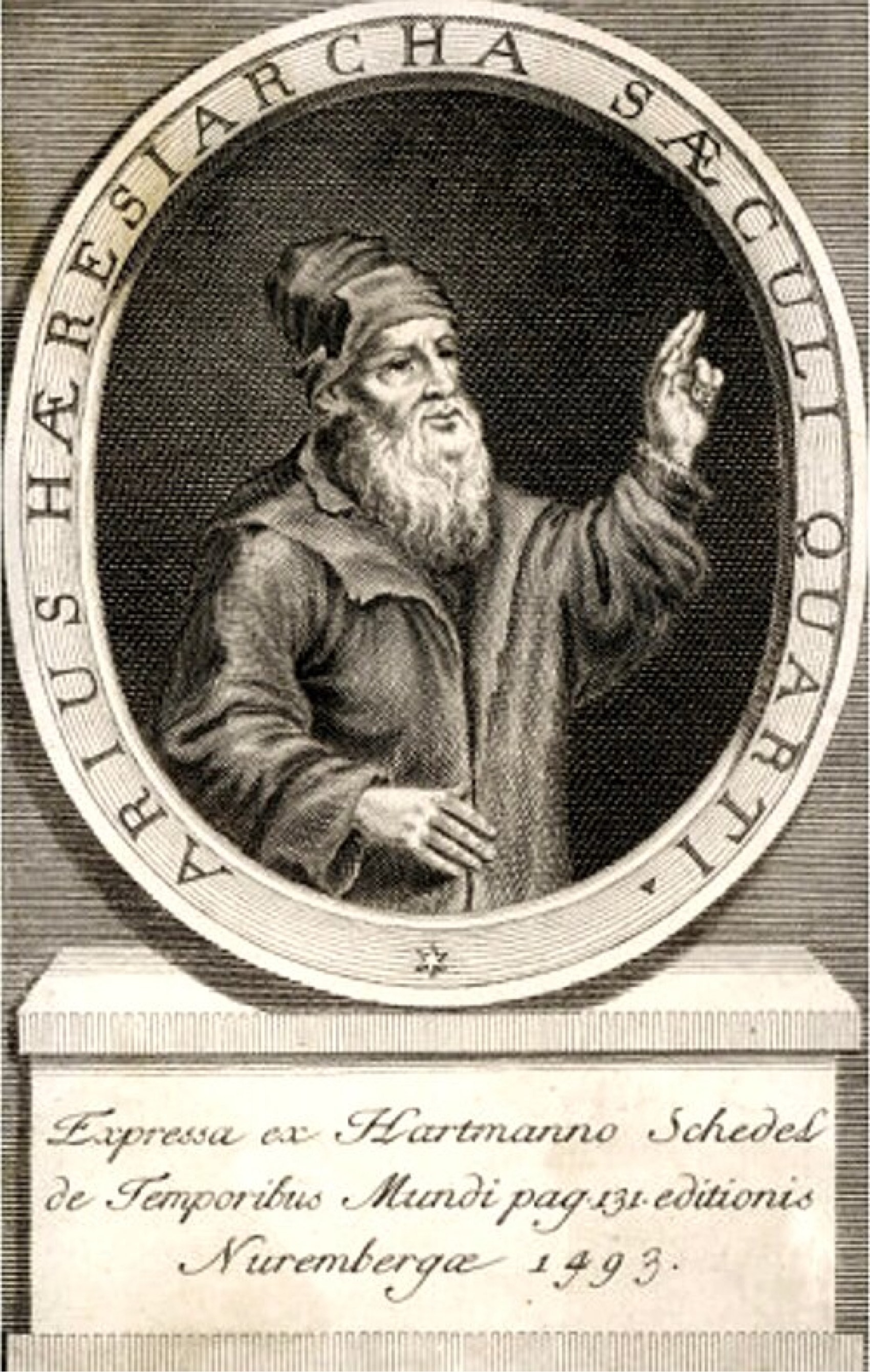The Gospel of Thomas: Understanding the Distinction Between Jesus and God the Father
The Gospel of Thomas is a non-canonical text that is considered one of the most important early Christian writings outside of the New Testament. This text is part of a group known as the Nag Hammadi library, which was discovered in 1945 in Nag Hammadi, Egypt. This library contains a collection of early Christian and Gnostic texts that were buried around the 4th century AD.
In the Gospel of Thomas Jesus says “When you see someone not born from a woman, prostrate yourself and worship him, he is your Father.”
Some scholars believe that the above statement means that Jesus did not claim to be God because he was born of a woman. How is their argument articulated?
The argument that some scholars make based on the passage from the Gospel of Thomas—“When you see someone not born from a woman, prostrate yourself and worship him, he is your Father”—rests on the idea that this statement reflects a clear distinction between Jesus and God the Father. Here’s how the argument is generally articulated:
1. Jesus’ Human Birth vs. God’s Divine Nature:
The phrase “not born from a woman” is interpreted as describing a being who exists outside the physical, human realm—an eternal, divine being who was not subject to human birth. In Gnostic and other mystical traditions, physical birth was often seen as part of the material, imperfect world.
Jesus, being born of a woman (Mary), would be part of the human, material realm. Therefore, the figure being referred to in this saying—“not born from a woman”—is not Jesus, but rather God the Father, who is eternal and not subject to physical birth.
2. Distinction Between Jesus and the Father:
If this passage is taken at face value, it seems to suggest that Jesus is not identifying himself with God. Jesus, as a human being born of a woman, would not fit the description of the one “not born from a woman.” Therefore, the one deserving of worship in this context is God the Father, not Jesus himself.
This interpretation supports the idea that in the Gospel of Thomas, Jesus is positioning himself as a messenger, teacher, or revealer of divine truth, rather than claiming to be God. This aligns with the overall mystical and spiritual themes of the text, which emphasize direct knowledge or experience of the divine (often termed “Gnosis”) over doctrinal or hierarchical distinctions.
3. Gnostic Influence on Christology:
The Gnostic interpretation of early Christian texts often distinguished between the human Jesus and the divine Father (or supreme spiritual being). In this view, Jesus was seen more as a guide leading people to spiritual enlightenment and understanding of the divine, rather than the divine being himself.
This saying in Thomas could reflect that Gnostic influence, suggesting that the ultimate being to be worshipped is God the Father, and not Jesus, who is viewed as a human figure, a teacher or revealer, but not divine in the same way as the Father.
4. Implication for Christ’s Divinity:
Scholars who hold this view argue that, at least in the Gospel of Thomas, Jesus does not claim to be God because he does not fit the description of the one “not born from a woman.”
Instead, the ultimate divine being, the Father, is distinct from Jesus, and Jesus serves as a conduit or messenger of divine wisdom rather than being the object of worship himself.
In sum, these scholars believe that the saying implies a distinction between Jesus and God, and that Jesus is not claiming divinity because he was born of a woman, while the one deserving of worship (God the Father) is outside of the realm of human birth and the material world. This reflects a Gnostic or mystical interpretation where Jesus’ role is to reveal the divine, not to claim divinity himself.

